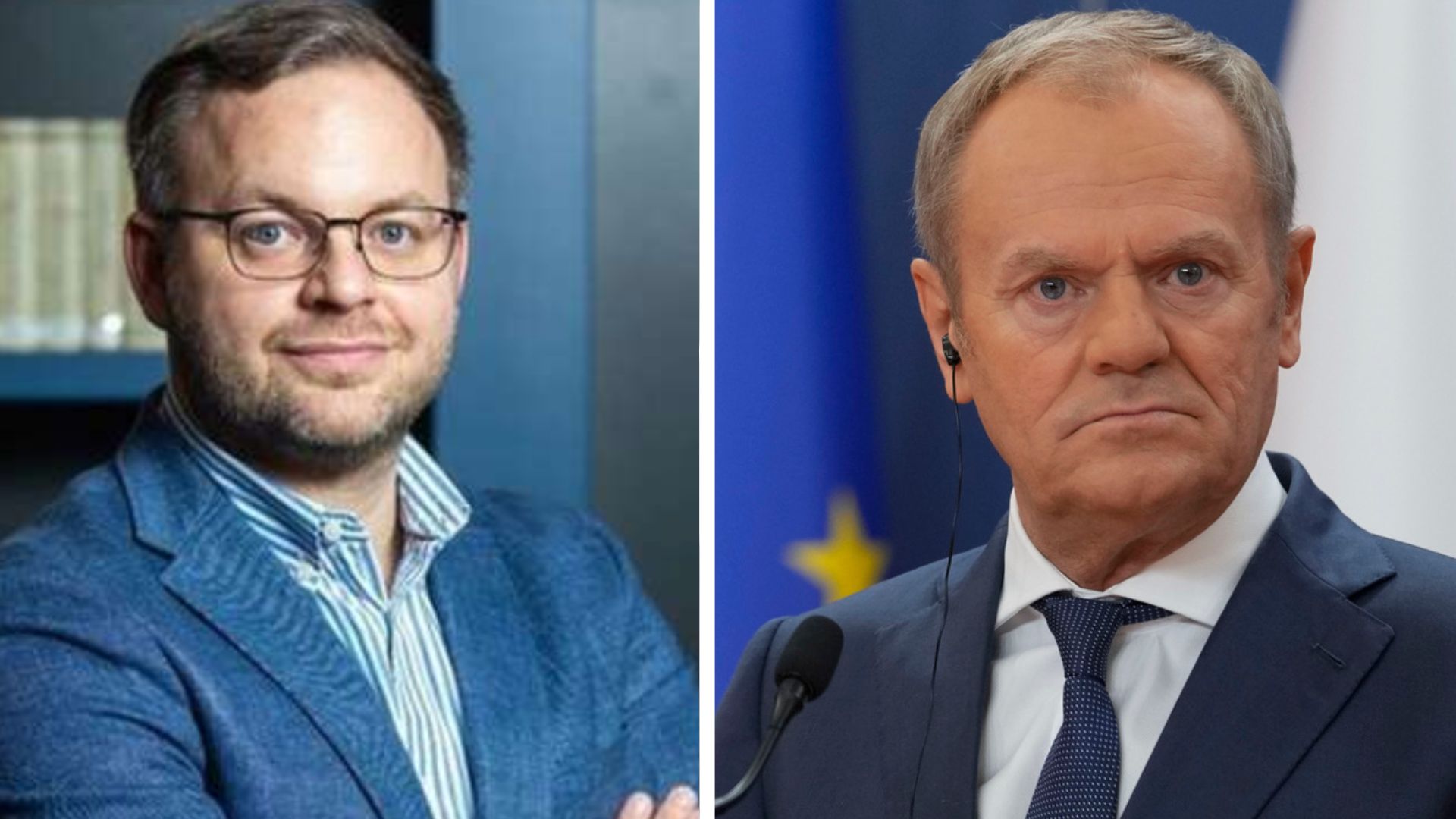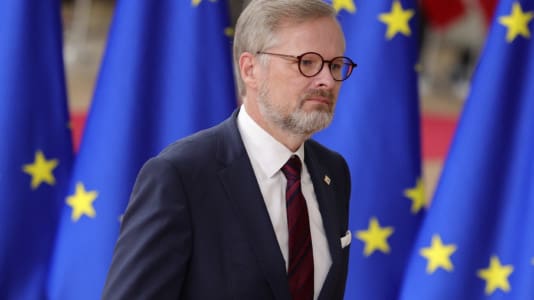Poland’s ministry of foreign affairs told Hungary it was not welcome at its EU gala event to kick off its EU presidency, a move that Balázs Orbán, the political director of Hungarian Prime Minister Viktor Orbán, amounts to “childish” behavior.
In an interview with Polish news outlet wPolityce, Balázs Orbán, who has no relation to Viktor Orbán, said that “at the end of December, the Polish Ministry of Foreign Affairs sent a note to our embassy in Warsaw in which it was informed that our ambassador would not be attending the inauguration ceremony.”
Notably, Hungary had just held the rotating six-month EU presidency before Poland, a point that Orbán notes did not involve any antagonistic actions in that role, despite obvious differences between the two countries.
WATCH: Poland's new pro-EU government under Donald Tusk has seized control of public broadcasters in the country, firing the management boards of TVP and Polskie Radio, and taking the channels off-air.
The move sparked a sit-in protest by the conservative Law and Justice party… pic.twitter.com/dCnywLTxLx
— Remix News & Views (@RMXnews) December 20, 2023“Apart from being rather childish, the Polish government’s decision is contrary to the spirit of the EU presidency, which is to serve as an honest broker, rising above political disputes. During Hungary’s EU presidency, we have never allowed any potential bilateral disputes to affect our presidential duties,” said Balázs Orbán.
One clear source of dispute as of late is Hungary’s decision to offer political asylum to former deputy justice minister and current Polish MP Marcin Romanowski, who is currently in Hungary. The Orbán government refuses to arrest him despite an open European arrest warrant. According to Do Rzeczy, Poland’s National Prosecutor’s Office (PK) accuses Romanowski of committing 11 crimes, including participating in an organized criminal group and rigging contests for multi-million grants from the Justice Fund (FS). He faces up to 25 years in prison.
Tusk strikes again, former head of security agency, current member of Bank of Poland arrested
“We are dealing with a creeping coup d'état, with the law being violated in many areas," said Poland's former justice minister Zbigniew Ziobro.
Full story:https://t.co/IteDxZXipK pic.twitter.com/LBOTMcY5bP
— Remix News & Views (@RMXnews) December 2, 2024Hungary contends that he is a victim of political persecution, with numerous former conservative government members also facing prison under the Tusk regime.
“There are serious doubts about the possibility of Marcin Romanowski receiving a fair trial [in Poland],” Balázs Orbán told wPolityce.pl. “Hungary has decided to grant political asylum to former Deputy Minister of Justice Marcin Romanowski following his arrest by Polish authorities despite his immunity as a member of the Parliamentary Assembly of the Council of Europe, raising serious doubts about his ability to receive a fair trial.”
“Contrary to earlier accusations against the PiS government, it now appears that there are real, serious concerns about the rule of law in Poland.”
NEW: 🇵🇱🇭🇺 Poland’s conservative opposition has praised Hungary’s decision to grant asylum to former Deputy Justice Minister Marcin Romanowski, accusing Prime Minister Donald Tusk’s government of political persecution and undermining the rule of law.
“Hungary’s decision exposes… pic.twitter.com/a3gPA0nvMY
— Remix News & Views (@RMXnews) December 20, 2024Balázs Orbán points to the complete disregard for the rule of law in Poland, which includes the seizure of public media, completely disregarding court decisions, and the imprisonment of political opponents.
“Those who consistently preached the rule of law now seem to speak only the language of power. From the cases against Donald Trump, Matteo Salvini and Marine Le Pen to others, this is another striking example of how liberals are turning the law into a tool to silence their political opponents,” said the Hungarian political director.
The Polish media outlet notes that granting Romanowski asylum was “received with great appreciation” by those opposed to the ongoing political persecution by Tusk.
Balázs Orbán respond that “it is a confirmation that our decision resonates with those who share our commitment to justice. Drawing lessons from both countries’ communist past, we firmly oppose the use of law to silence political opponents. We deeply value the historic friendship between Hungary and Poland, which is why the Polish government’s decision to close the Wacław Felczak Institute, established to support our bilateral cooperation, is all the more striking. We hope that our countries will return to the path of mutual respect and cooperation.”






